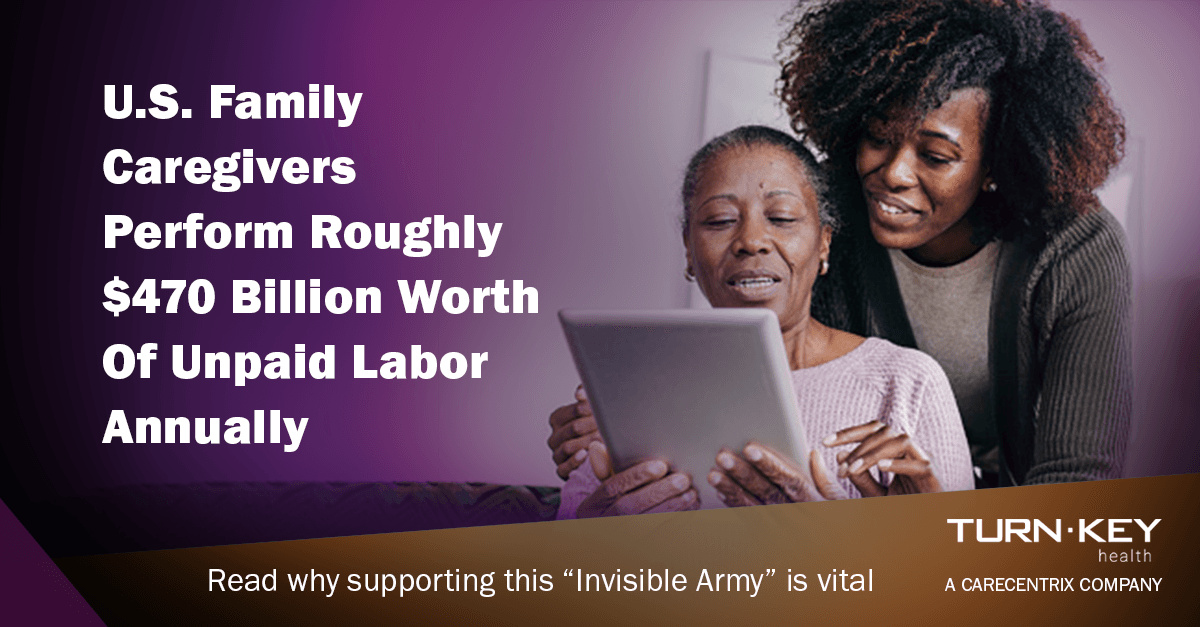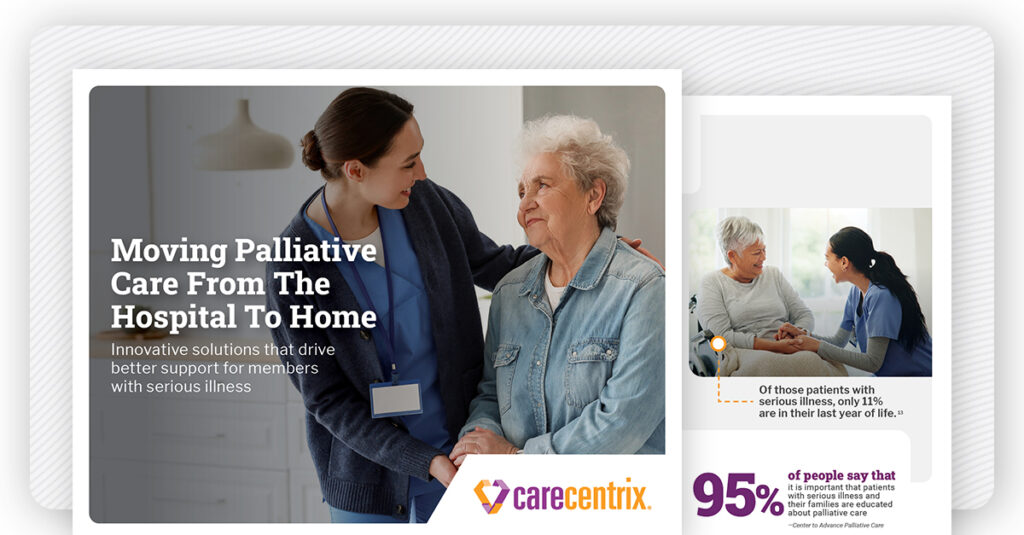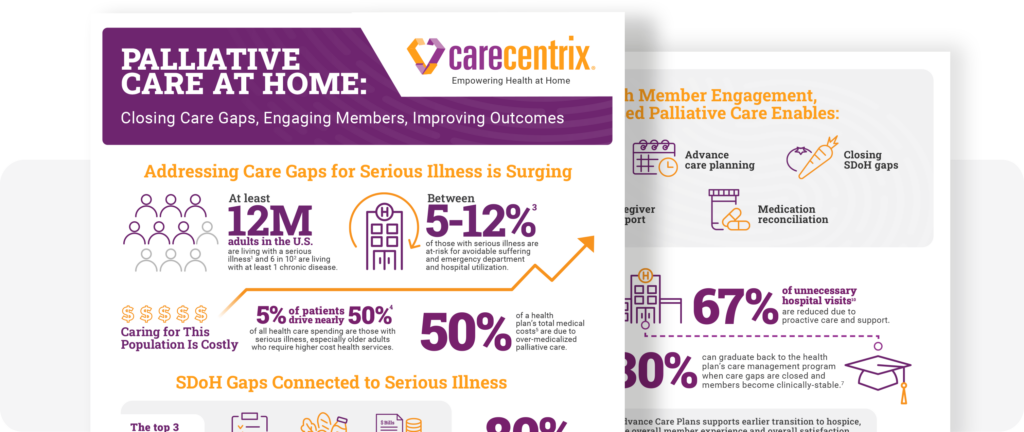Home-Based Palliative Care: Critical Support for Nation’s “Invisible Army” of Caregivers
Home-Based Palliative Care: Critical Support for Nation’s “Invisible Army” of Caregivers



In 2017, AARP reported that about 41 million U.S. family caregivers perform roughly $470 billion worth of unpaid labor a year. Since then, the number of caregivers has increased to 53 million, meaning that more than one out of five Americans are caregivers. The COVID-19 pandemic has caused a significant shift in care from assisted living facilities and nursing homes to home settings.
Caregiving is often thrust upon people who are not trained or equipped to perform high-level nursing tasks, such as administering antibiotics and providing 24-hour care. Nevertheless, the U.S. health care system has fallen into a pattern of taking for granted the “invisible army” of caregivers who enable the health system to function by performing home care for the seriously ill.
The system routinely fails to support the growing and often overwhelming needs of caregivers. For this reason, it is important that more health care providers, employers and payors recognize the fundamental importance and value of family caregivers. It is increasingly important for health care providers to seek ways to identify and support family caregivers, consult with them and involve them in the planning when their loved one is being discharged from the hospital or a facility and provide thorough, easy-to-follow instructions about caregiving tasks.
As an additional layer of support for patients, home-based palliative care (HBPC) programs are designed to address needs of caregivers as part of the unit of care.
Turn-Key Health, a CareCentrix company, offers an HBPC solution for individuals with a serious illness. As a standard part of Turn-Key Health’s program, palliative care clinicians assess the caregiver’s needs, educate about the practical aspects of caregiving, provide emotional support, and promote a better understanding of their loved one’s condition and prognosis so they can plan accordingly. The palliative care team also refers to appropriate services and resources to relieve some of the caregiver’s burden.
By routinely assessing caregiver needs and including the caregiver in these important discussions, seriously ill persons and their caregivers report better quality of life and satisfaction and have reduced hospital and emergency department visits. As a valuable part of the care team, palliative care providers help caregivers improve their caregiving skills, gain confidence and self-sufficiency and, ultimately, acquire the tools they need to improve quality of life for themselves and their loved one.
To learn more, read “Home-Based Palliative Care: Essential Support for Seriously Ill Patients and Family Caregivers in the Home.”
Related Blog Posts

Family Caregivers: How Palliative Care Can Help
Facing a serious illness is overwhelming for patients, their family…

Moving Palliative Care from the Hospital to Home
Payors are constantly looking for ways to enhance the member…

Palliative Care at Home: Closing Gaps, Engaging Members
Supporting members with serious illness can become costly. The need…

What is Home-Based Palliative Care?
I’ll never forget my patient Laura*, a 42-year-old wife and…

The Future of Serious Illness Care: 3 Ways to Improve Your Strategy
With serious illness care being a highly uncoordinated part of…
Paving the Way for Culturally Inclusive Palliative Care Services
Despite the benefits of palliative care, cultural differences often create…
